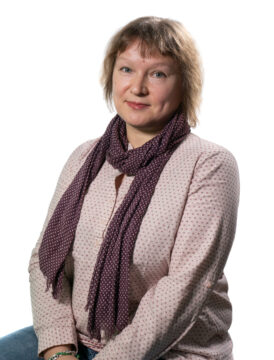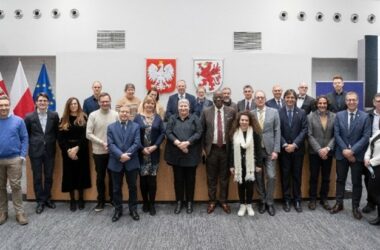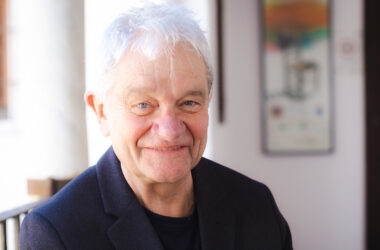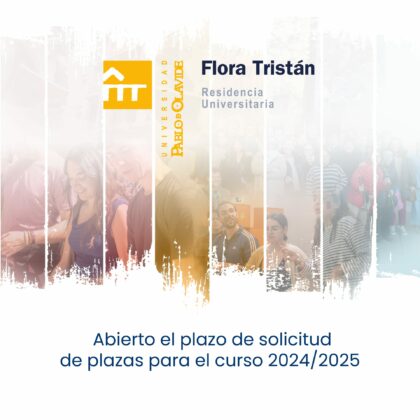
Since April, Olga Koreneva Antonova, professor of the Area of Translation and Interpreting (German Philology) of the Pablo de Olavide University, is working as a volunteer advisor in the Directorate-General for Translation of the European Parliament in Luxembourg in the handling of medical terminology and translation in the EU framework during the pandemic caused by COVID-19.
“In view of the spread of the coronavirus, the medical information management and translation play a significant role and the specialized translators have to work against the clock in order to disseminate the correct information”, Olga Koreneva claims. She understands that “the terms and their resources must be correctly organised to improve the terminology management.”
The UPO researcher has been collaborating with the European Parliament for several years in designing the terminology organisation within the framework of the project Terminology without Borders. The goal of this project is to improve the IATE (Interactive Terminology for Europe) terminology database, for which it was useful to apply the latest cognitive theory, Frame-Based Terminology, developed by the University of Granada. Thanks to this theory and previous medical projects made by the European Parliament in which Olga Koreneva has collaborated, the researcher explains that the specialized knowledge available on COVID-19 could be organized very quickly in the form of a cognitive structure – COVID-19 EVENT – for the best management and transmission of the medical concepts that were being handled. «The linguistic universality of this structure and its applicability to any language created an extremely transparent and useful tool for effective terminology management in the European Union,» she stresses.
The terminology organized according to this structure facilitates the search for valid multilingual equivalents and makes it possible to complete medical translation in record time. «It has been seen during the pandemic that communication and the dissemination of knowledge about the coronavirus and its prevention measures are also of vital importance in order to stop the massive spread of the disease,» claims the UPO professor, who points out the value of how the ‘prevention’ section in EVENT COVID-19 was highlighted, collecting the necessary measures to avoid new infections.
«It was a task of great responsibility and importance and we had to work tirelessly but I also felt lucky and grateful for the trust and the opportunity that the TermCoord unit of the Directorate- General for Translation gave me to be able to do my bit in the fight against this virus and contribute to the protection of people from my profession and vocation,» says the researcher. Moreover, the professor stresses the importance of research and the application of cognitive structures in Terminology for the field of Translation and Interpreting, «as demonstrated by the current context, where agile translation has been vital in facilitating medical work.»
Olga Koreneva Antonova has been teaching German to translators and interpreters at the UPO since 2018. She is a sworn translator and interpreter for German/Spanish and has more than 15 years of experience as a scientific-technical translator and interpreter of six languages. She was born in Moscow, studied Business Administration in Germany and she graduated and did a doctorate in Translation and Interpreting in Spain at the University of Granada. She is a pioneer in the field of Psychoterminology and one of her main lines of research is Cognitive Terminology.





